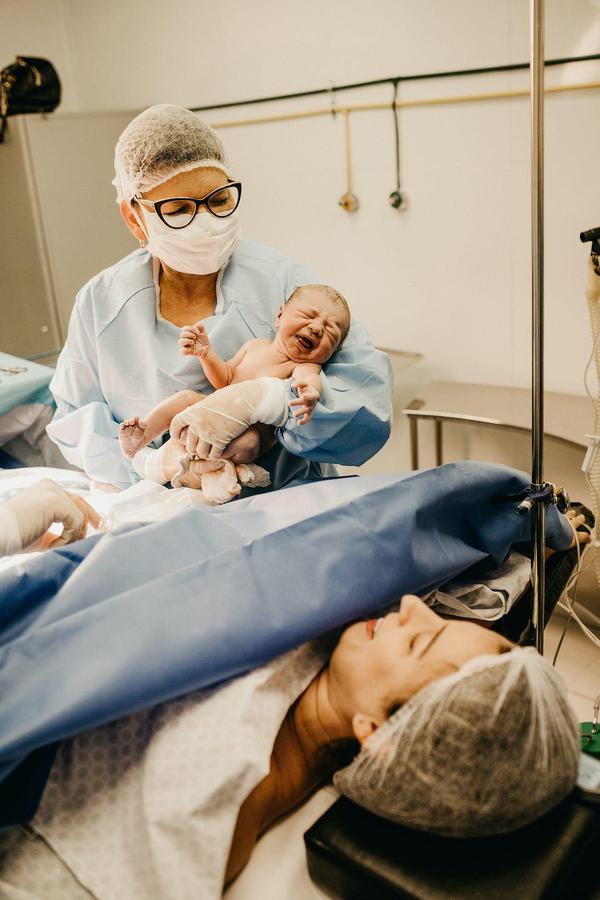I declared early on that I wanted to become a doctor while I was in high school.
I volunteered as a candy striper. I went to a great university and medical school. Penny was bored to pay the tuition. I gave up trips to the beach and family vacations. Along the way, I learned the classical methods of conducting history and physical exams. I bought a fancy stethoscope. I learned to palpate, produce, start IV lines, and insert all the tubes.
I completed four years of graduate training in emergency medicine. I finally landed my first job as an emergency medicine physician at a large community hospital in Virginia.
Why was I so miserable in a profession I struggled and worked hard to obtain?
I wish there were a simple answer to that question.
I have some thoughts. I knew I was not alone. Many doctors and nurses are struggling, and the problems have worsened over the past decade. The American Medical Association found in a 2021 survey of 20,000 physicians that one in five plans to withdraw from practicing medicine within two years.
At Ascension Seton Hospital in Austin, 900 nurses went on strike to draw attention to unbearable conditions.
The Texas Tribune reports, "The nurses' union states that its members are responsible for too many patients at once, leading to delays in patient care and increased nurse fatigue."
Hundreds of healthcare workers at Kaiser Permanente hospitals and medical facilities across the U.S. quit their jobs in October 2023 to pressure employers to fix staffing shortages.
Healthcare staff have to fight against workplace violence and exposure to illness. ABC News reported that 3,600 healthcare workers died from Covid in the first year of the pandemic.
There are vast systemic issues of staffing shortages, scheduling, and equipment supply shortages. Doctors have to spend…
